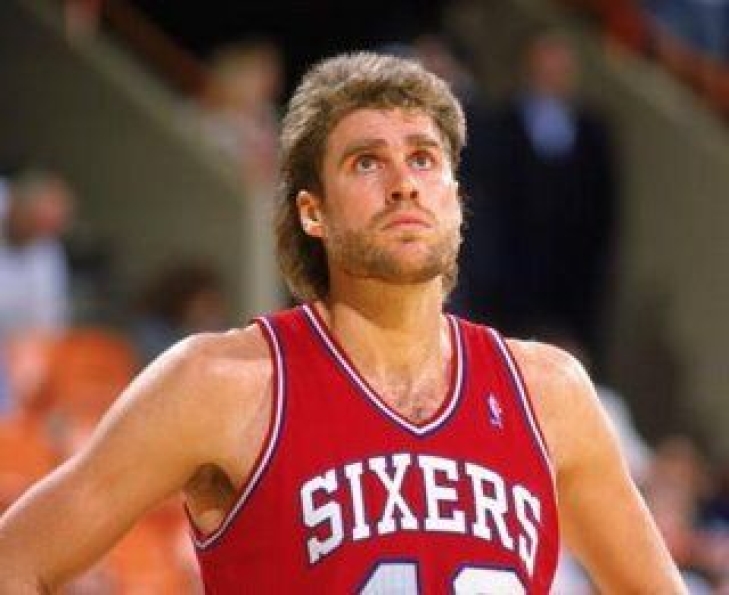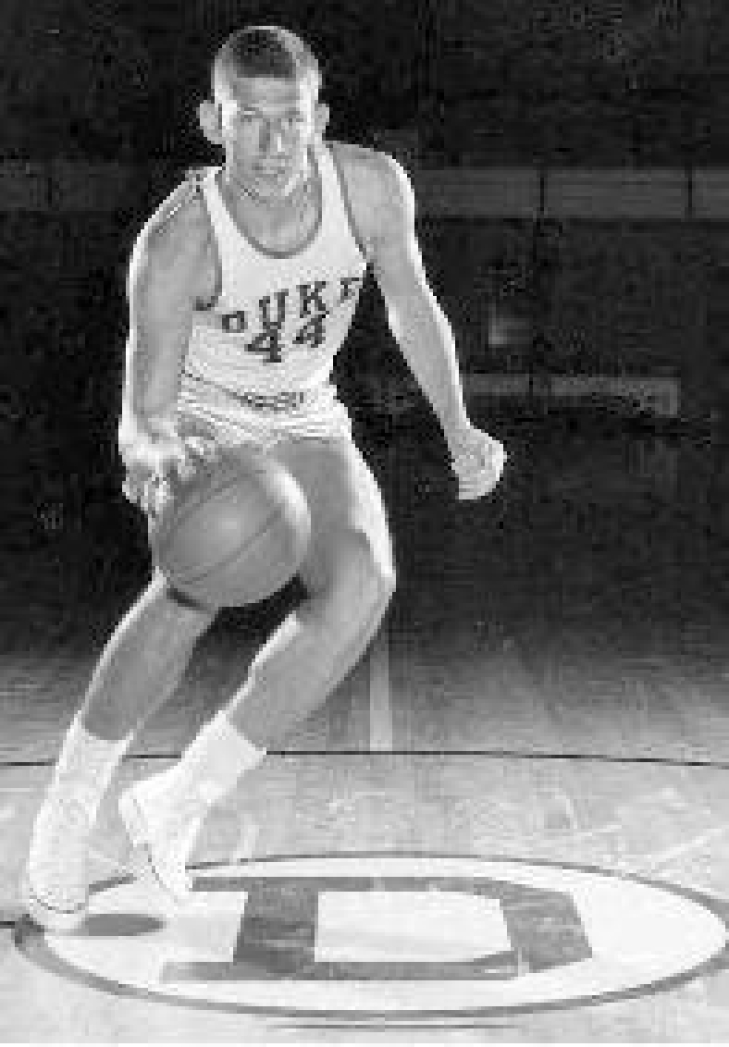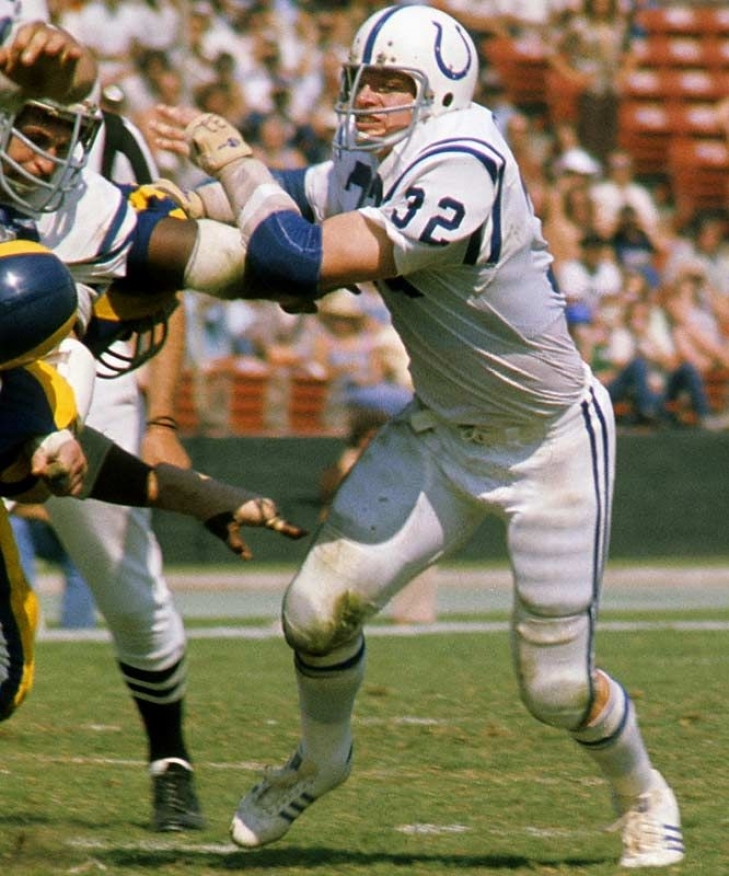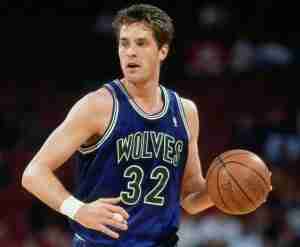128. Mike Gminski
Mike Gminski's chances of being in the Hall of Fame are primarily due to his college accomplishments. Gminski did have a nice NBA career, where he exceeded 10,000 Points and 6,000 Rebounds, but as we often state, the Naismith Basketball Hall of Fame looks at all levels of the sport.
Collegiately, Gminski had one of the best careers in Duke Blue Devil history, and how impactful is that! Gminski was a three-time All-ACC Selection where the Center set multiple school records in Points and rebounds. The former ACC Player of the Year will go down in history as one of the best players in conference history.
76. Jeff Mullins
Jeff Mullins was a legend at Duke and was so highly respected that the two-time All-ACC player was named the ACC Athlete of the Year in 1964. The St. Louis Hawks used their 6th Overall Pick to take the Shooting Guard, but they barely used him and it looked like he was a bust. His career was resurrected when he was taken by Chicago in the Expansion Draft and was traded to the San Francisco, and as a Warrior he proved he not only belonged but could thrive.
Mullins, who barely averaged five Points per Game with St. Louis, improved over the next two years to 12.9 and 18.9 and became one of their top-scoring options. Averaging over 20 Points per Game four years in a row (1968-69 to 1971-72) Mullins was an All-Star in the first three. Mullins was an above-average passer who used his excellent court vision and knew his role in Golden State’s system. He achieved his ultimate goal in 1975 when he was still a productive player and aided the Warriors in winning that season’s championship.
He retired the year after, averaging 16.2 Points per Game over 12 Seasons.
173. Mike Curtis
Think about this for a second. Mike Curtis played Linebacker in the 1960s and 70s and his peers in that fierce era as one of the meanest players in the game. How much does that tell you about Curtis?
64. Carlos Boozer
A member of Duke’s 2001 NCAA Championship team, Carlos Boozer was a late draft pick in 2002 (35th overall) and played for the Cleveland Cavaliers for two years before a free agent controversy saw him bolt for the Utah Jazz (allegedly the Cavs released him making him a conditional free agent so that they could sign him back to a larger deal, which allowed him to sign with Utah for more money; Boozer said he never agreed to that with Cleveland) and it was in Salt Lake that his star rose. Boozer would be a two time All Star with Utah and also a Third Team All-NBA Selection and in his six seasons as a member of the Jazz he averaged a healthy 19.3 Points and 10.5 Rebounds per Game. It should be mentioned that during this time he helped the United States win the 2008 Olympics Gold Medal.







